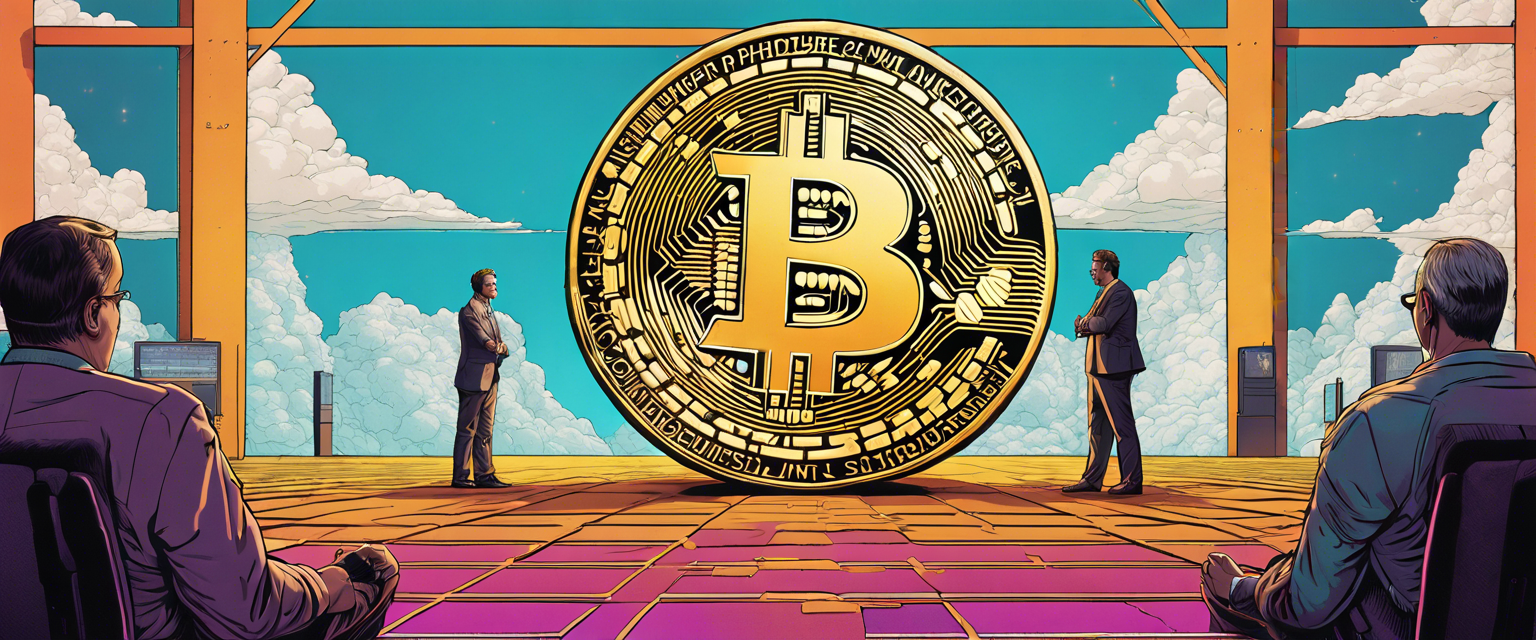Tokenization: The Future of Financial Markets
According to recent reports from Odaily, the CEO of BNY Mellon has highlighted tokenization as a significant trend reshaping financial markets. As cryptocurrency and blockchain technologies continue to evolve, financial institutions are beginning to explore the possibilities of converting traditional assets into digital tokens.
What is Tokenization?
Tokenization is the process of converting physical or digital assets into digital tokens that reside on a blockchain. This technology promises a range of potential benefits, including:
- Increased Liquidity: Tokenization can make it easier for assets to be traded, increasing market liquidity.
- Transparency: Blockchain technology enables transparent transactions, allowing all parties to verify the authenticity of an asset.
- Efficiency: Automated processes can reduce the need for intermediaries, streamlining transactions and lowering costs.
The CEO's Insights
As stated by the CEO of BNY Mellon, the key to success in the tokenization of assets is thorough testing in real-world scenarios. Innovations in crypto assets must prove their viability through practical applications.
This emphasis on rigorous testing aims to ensure that any new developments not only enhance efficiency but also comply with security standards. The goal is to foster trust in blockchain technologies and encourage their adoption within traditional financial frameworks.
Why is Tokenization So Important?
The rising interest in tokenization among financial institutions indicates a shift in how institutions view digital assets. Some critical points include:
- Integration with Existing Systems: Tokenization presents an opportunity for traditional finance to integrate blockchain technologies within existing infrastructures.
- Reshaping Asset Management: By converting assets to digital tokens, businesses can revamp how they manage and trade their assets.
- Widening Accessibility: Tokenization can potentially democratize access to various markets, allowing more investors to partake.
Challenges Ahead
Despite the promising future of tokenization, there are challenges that need to be addressed. These include regulatory considerations, market adoption rates, and the technological hurdles that can arise when integrating new systems. BNY Mellon's CEO has cautioned that while the potential of tokenization is significant, it is essential that institutions engage in comprehensive evaluations before rolling out these new technologies.
Conclusion
The financial sector stands on the brink of a technological revolution. As tokenization gains traction, the landscape of asset management could be fundamentally altered. The emphasis on rigorous testing, as articulated by industry leaders, ensures that the transition incorporates safety, security, and trust. As the evolution continues, it will be fascinating to observe how both new and established financial entities adapt to these changing dynamics.
Learn More About Tokenization
To delve deeper into the world of tokenization and its implications for the financial sector, check out our related articles on blockchain technology and digital asset management.



اترك تعليقًا
تخضع جميع التعليقات للإشراف قبل نشرها.
This site is protected by hCaptcha and the hCaptcha Privacy Policy and Terms of Service apply.